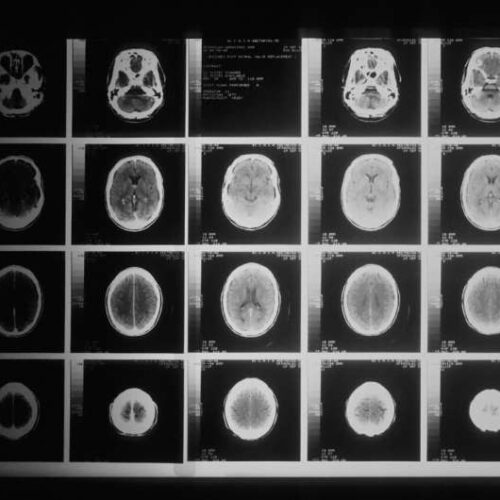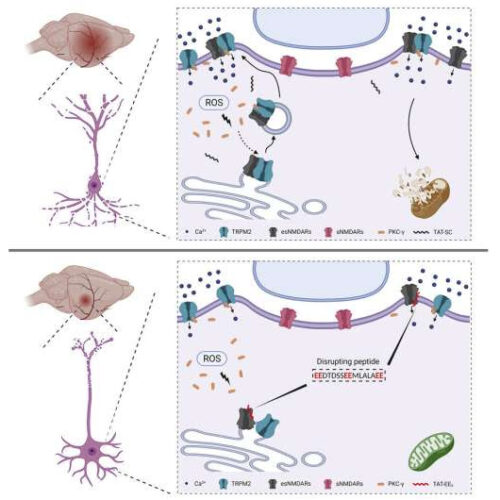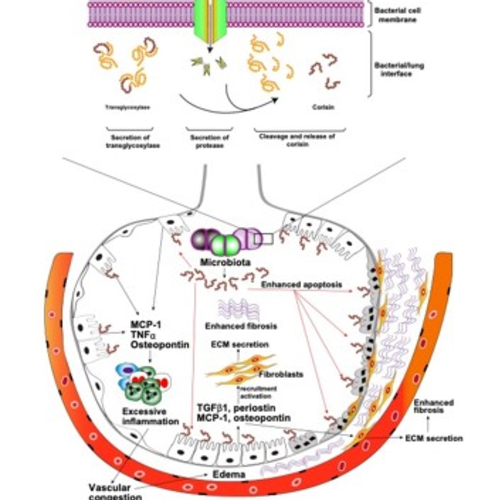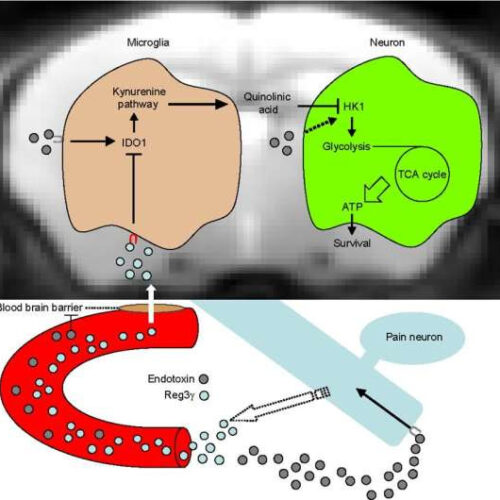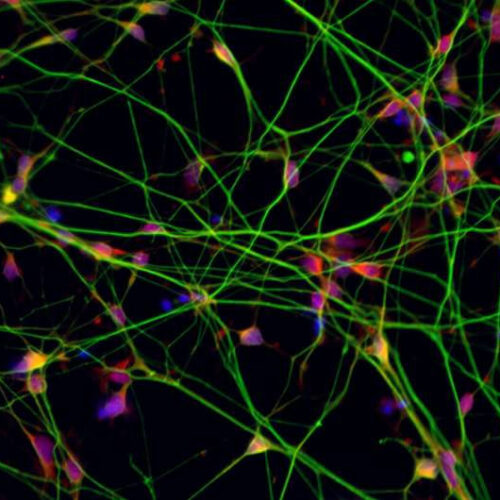The peptide is used by legumes to control nitrogen-fixing bacteria; it may also offer leads for treating patients with too much heme in their blood. Symbiotic relationships between legumes and the bacteria that grow in their roots are critical for plant survival. Without those bacteria, the plants would have no source of nitrogen. This element is...
Category: <span>Peptides</span>
New findings may reduce the risk of infection for patients with urinary catheters
Patients with indwelling urinary catheters often suffer from urinary tract infections, which can be challenging to treat. Now, researchers at Karolinska Institutet have discovered that the synthetic peptide CD4-PP has an excellent bactericidal effect against urinary tract bacteria, even those resistant to antibiotics. The study, published in the journal Cellular and Molecular Life Sciences, opens up for...
Researchers discover a novel approach that could lead to the treatment of devastating brain tumors
by University of Surrey Credit: Unsplash/CC0 Public Domain Findings from a seven-year research project suggests that there could be a new approach to treating one of the most common and devasting forms of brain cancer in adults—Glioblastoma Multiforme (GBM). In a peer-reviewed study published by BMC Cancer, scientists from the University of Surrey show that...
Novel technology provides new path to prevent neuronal death due to stroke
by Anna Zarra Aldrich, University of Connecticut Graphical abstract. Credit: Neuron (2022). DOI: 10.1016/j.neuron.2022.03.021 Stroke is a leading cause of disability and death in the U.S., with roughly 800,000 Americans suffering a stroke every year. There are two kinds of stroke: ischemic and hemorrhagic. Ischemic stroke occurs when a blood clot forms and blocks blood supply to...
The study identifies a therapeutic target for Alzheimer’s disease, revealing strategies for preventing or slowing disease progression
About 11% of the U.S. population 65 and older has been diagnosed with Alzheimer’s disease (AD), the most common form of dementia that results in memory loss and cognitive impairment, according to the Alzheimer’s Association. And the World Health Organization predicts the number of people living with Alzheimer’s will grow by millions each year. Despite...
New tests and treatments developed in mice for pulmonary fibrosis
UNIVERSITY OF ILLINOIS COLLEGE OF AGRICULTURAL, CONSUMER AND ENVIRONMENTAL SCIENCES IMAGE: UNIVERSITY OF ILLINOIS AND MIE UNIVERSITY RESEARCHERS HAVE DETERMINED THE MICROBIAL TOXIN RESPONSIBLE FOR LUNG CELL DEATH IN IDIOPATHIC PULMONARY FIBROSIS AND ACUTE RESPIRATORY DISEASE SYNDROME, AND HAVE DEVELOPED SAFE BLOOD TESTS AND MONOCLONAL ANTIBODY TREATMENTS TO HALT PROGRESSION OF THE DISEASES IN MICE....
Pain neuron-derived peptide prevents endotoxic death by targeting kynurenine pathway in microglia
by National Institutes of Natural Sciences Pain neuron-derived Reg3γ protects brain metabolism of LPS challenged mice. Credit: Kenta Maruyama A research team led by the National Institute for Physiological Sciences and joined by Hokkaido University explored the role of pain neurons in the regulation of endotoxic death. They found that peptide named Reg3γ acts as...
New treatment could benefit up to 45 percent of patients with Duchenne muscular dystrophy
by Gillian Rutherford, University of Alberta Toshifumi Yokota led research to develop and test a new “cocktail” drug that may be beneficial for up to 45 per cent of patients with a common form of muscular dystrophy — a significantly higher proportion than currently available treatments. Credit: University of Alberta Up to 45% of patients...
Newly Discovered ‘Encrypted Peptides’ Found in Human Plasma Exhibit Antibiotic Properties
The rise of drug-resistant bacteria infections is one of the world’s most severe global health issues, estimated to cause 10 million deaths annually by the year 2050. Some of the most virulent and antibiotic-resistant bacterial pathogens are the leading cause of life-threatening, hospital-acquired infections, particularly dangerous for immunocompromised and critically ill patients. Traditional and continual...
Scientists think a peptide could stop, reverse damage to nerve cells
by Carrie Foust, University of Illinois at Chicago Stem cell-derived neurons created in the Regenerative Medicine and Disability Laboratory at UIC allow researchers to see how certain drugs or gene therapies can work in human nerve cells. Credit: Xue-Jun Li/UIC Researchers at the University of Illinois Chicago found promising results in their search for a...

